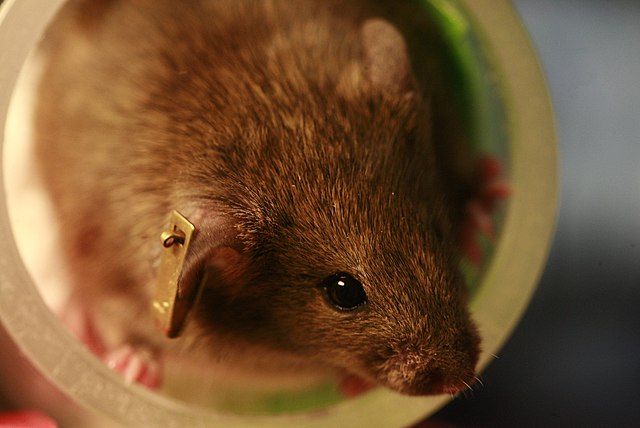60% of known infectious human diseases are of animal origin, and they represent major public health challenges.
Challenges
Human and animal health are interdependent and are linked to the health of the ecosystems in which they coexist. These risks are accentuated with globalization and climate change.
Human health, animal health, plant health and environmental health are one and the same. This is the “one world/one health” concept developed by the World Health Organisation (WHO).
To ensure health and biological surveillance, the French Ministry of Agriculture and Food has set up three set up three platforms on animal health epidemic surveillance, plant health and food safety.
Safety
These platforms are based on a partnership between public and private players, sharing resources, skills and tools. It’s no longer just a question of monitoring the evolution of established diseases, but identifying, as early as possible, the appearance of new diseases or new health hazards.
Surveillance activities contribute to effective management of public action, in particular by making it possible to anticipate crises and reduce their consequences.
France Agriculture
France is Europe’s largest country in terms of agricultural area, and is characterized by a family-run agricultural sector, with a majority of individual farms.
France’s 38,9467 farms in mainland France in 2020, employed on average
1.7 full-time equivalents, on an average farm of 69 hectares. In 2020, 58% of farms were sole proprietorships and 42% were incorporated. Individual farms are in the majority, except for dairy and mixed cattle, dairy and mixed, and pig and poultry.
For the other types of farms, three types can be distinguished: firstly, limited liability farms (EARL) are the most popular, favored, particularly in the case of large
farms. Then there are groupements agricoles d’exploitation en commun
(GAEC), where all partners are farmers-operators. And finally, there are the more flexible sociétés civiles (SCEA), which are more flexible in terms of management and share capital.
Source: agriculture.gouv.fr/alimagri
